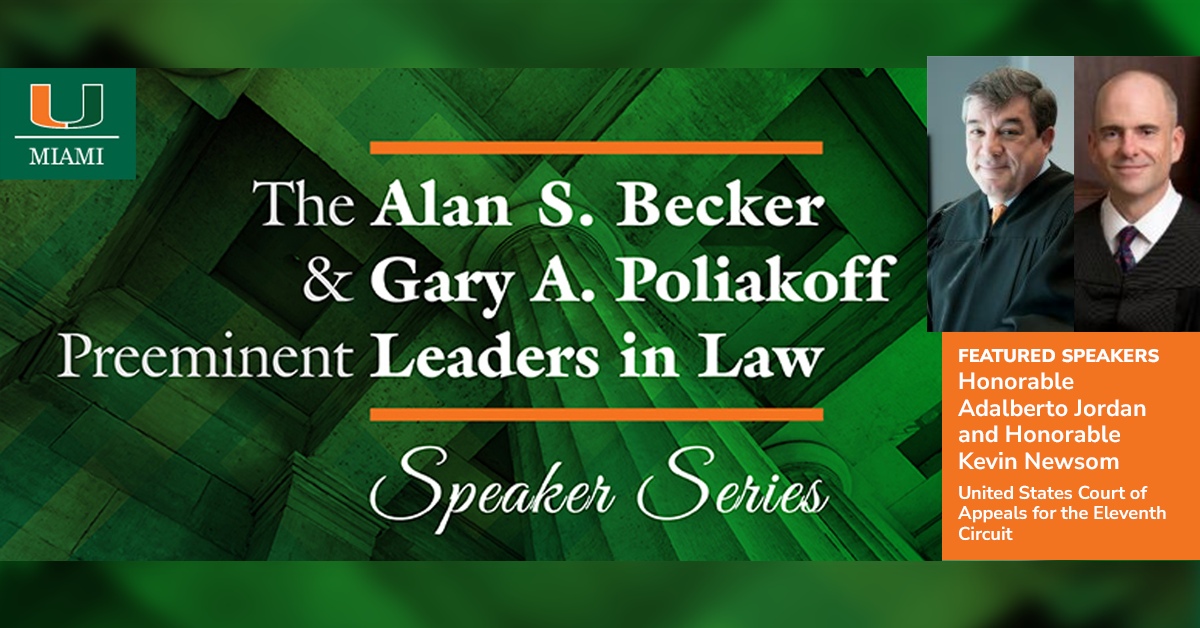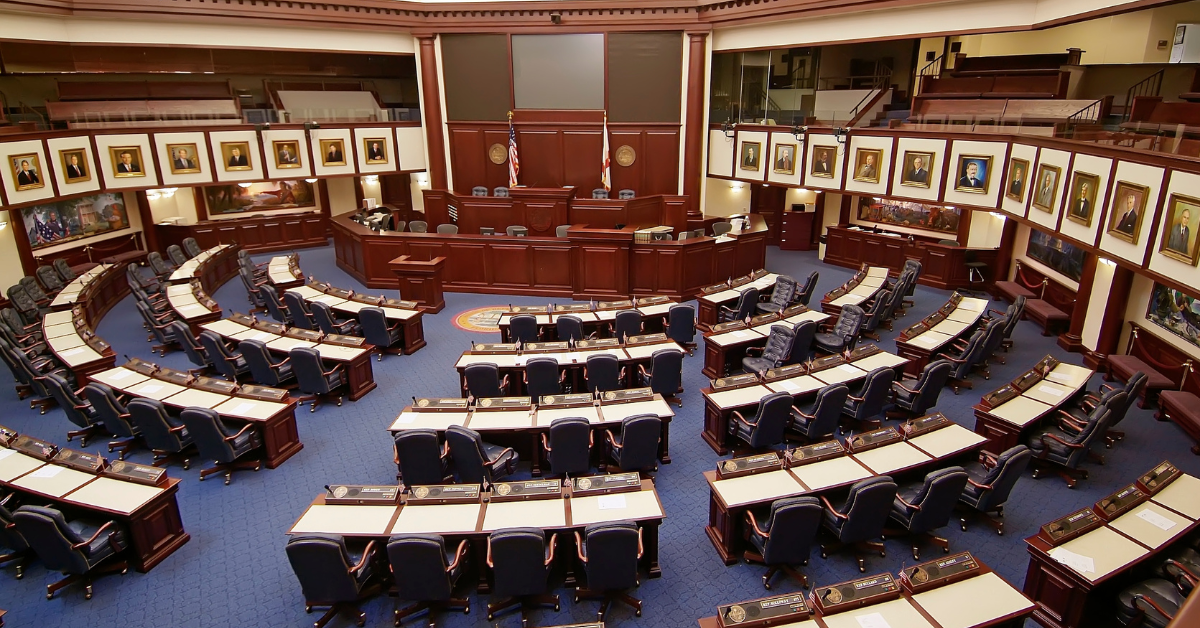Fearlessly Moving You Forward

March 27, 2025 – Miami, FL – Becker & Poliakoff, in partnership with the University of Miami School of Law, is...
Read More
In her recent op-ed for the Miami Herald, Donna DiMaggio Berger calls on lawmakers in Tallahassee to give condo owners...
Read More
In honor of Women’s History Month, Becker is celebrating the incredible women attorneys and lobbyists whose expertise, leadership, and dedication...
Read More
For more episodes of Take It To The Board, click here! Flooding is a harsh reality for communities across Florida...
Read More
Social Feed

Congratulations to #Becker Shareholders Paul Shur and Martin Cabalar, bo...
View on Facebook
#Becker’s Michael Gongora and Lilliana Farinas-Sabogal had a great time ...
View on Facebook
Cracks, leaks, and faulty construction can create major financial challe...
View on Facebook
Exciting news! #Becker has launched our redesigned website—now a more dy...
View on Facebook
When it’s time to elect your association’s board, what are the rules in ...
View on Facebook
“The Legislature needs a new balance to be set, protecting the rights an...
View on Facebook
Becker congratulates our client, UY Scuti Acquisition Corp., on its succ...
View on Facebook
READ: The “Trump Effect” on Advocacy. New opportunities are emerging for...
View on Facebook
Congratulations to Joseph Adams, Allen Levine, and Kevin Markow, who cel...
View on Facebook
#TeamBecker had a fantastic time last week at the 2025 CA Day & Trad...
View on Facebook




